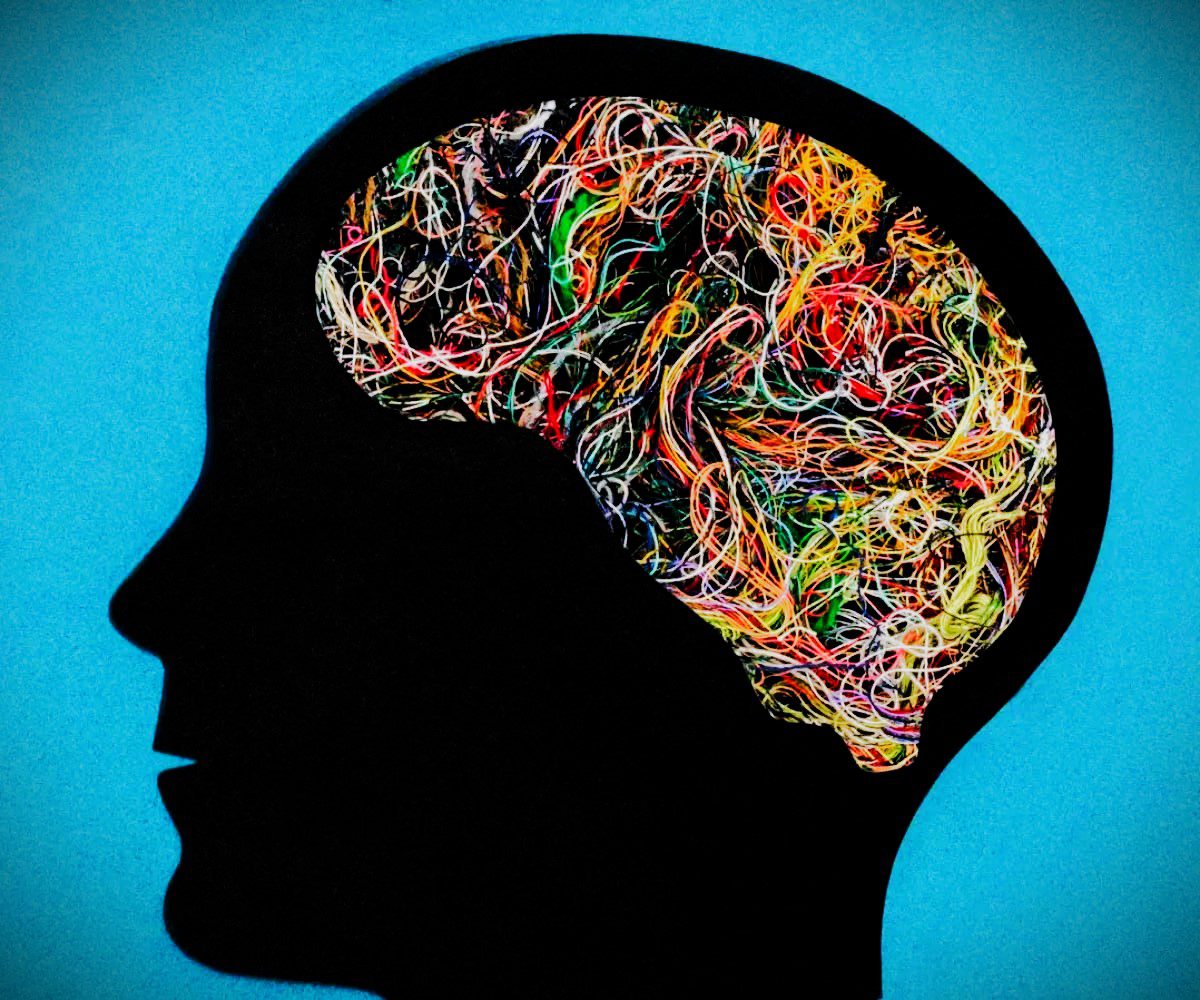How to Understand and Get Over Limbic Addictions
It is the limbic system’s job to control feelings, memories, and desires. It is a complicated network of structures in the brain. This is where the idea of limbic habits comes from. These recurrent actions damage brain reward circuitry and harm mental and physical health.


A Brief Look at the Limbic System
Different parts of the limbic system work together to make up the “emotional brain.” The amygdala, hippocampus, and hypothalamus are some of these parts. It helps individuals grasp emotions, make memories, and change behavior.
Different kinds of limb addictions
Behavioral addictions like gaming and internet addiction are examples of limbic addictions.
What Limbic Addictions Do to the Brain
Limbic drug use may affect brain chemistry and structure, producing major neurological changes.
Common Addictions to Limbs
Alcoholism, drug addiction, gaming addiction, and internet addiction are all common limbic habits. Each has its effect on brain function and behavior.
Limbic Addiction: What to Look Out for
Recognizing brain addiction symptoms helps receive help and prevention. Desires, withdrawal, and losing control are classic addiction symptoms.
What makes limb addiction more likely?
Brain habits may result from genetics, environmental factors, and psychological flaws.
Limbic addictions can hurt your mental and physical health.
Limbic addictions may cause several mental and physical health issues.
Strategies for stopping limb addiction
Addressing risk factors, promoting awareness, and supporting stress management may prevent brain addictions.
Dealing with the shame that surrounds linguistic addictions
Reducing brain addiction Social guilt promotes empathy, compassion, and simple treatment and support.
Recovery and Keeping from Relapsing
Brain addiction treatment involves ongoing support, coping skills, and relapse avoidance.
Addictions to drugs
Substance addiction includes abusing alcohol, cigarettes, opioids, and stimulants. These medications disrupt the brain’s reward system, causing tolerance, dependence, and withdrawal.
Addictions to Behavior
Many people shop, eat too much, gamble, and play video games.
What Limbic Addictions Do to the Brain
Chronic limbic addictions may affect brain structure and function, making relapse likely.


Neurotransmitter Out of Balance
Limbic behaviors disrupt dopamine, serotonin, and norepinephrine equilibrium in the brain. This makes it hard to control your mood, your drive, and how you process rewards.
Changes in the Brain’s Structure
Over time, drugs and behaviors may affect impulse, emotion, and decision-making brain regions. Structure alterations may increase addiction and make recovery tougher.
Common Addictions to Limbs
Limbic habits show up, each with its effects and symptoms. Here are some common brain addictions:
Addiction to drugs
Drug dependency and withdrawal come from frequent prescription, illicit, or recreational drug usage.
Limbic Addiction:
What to Look Out for
Recognizing brain addiction symptoms helps receive help and prevention.
What makes limb addiction more likely?
One of the things that can lead to brain habits is a genetic tendency or a past of addiction in the family. These include environmental factors like drug or addiction exposure.


Stress, pain, or mental health problems are examples of psychological causes.
- Effects on society and the economy, like poverty, unemployment, or being alone. Knowing these risk factors can help you figure out who is most at risk and take steps to protect them. Limbic addictions may harm mental and physical health and cause illness.
Conclusion:
Getting Over Limbic Addictions
Patients may recover and regain control by identifying symptoms, causes, and remedies.
FAQs
What are some common signs that someone is addicted to emotions?
Cravings, drawal symptoms, and losing control over your behavior are all common signs.
What effects do limbic addictions have on mental health?
Limbic addictions may induce sadness, anxiety, and psychosis.
Are there genetic factors that make limbic addictions worse?
Genetic predispositions and environmental variables may affect brain addiction risk.
What treatment choices are available for brain addictions?
Treatment may involve treatment, medicine, and support groups suited to individual needs.
How can I help a loved one dealing with brain addictions?
Offer empathy, understanding, and encouragement, and help them access professional support and resources.

